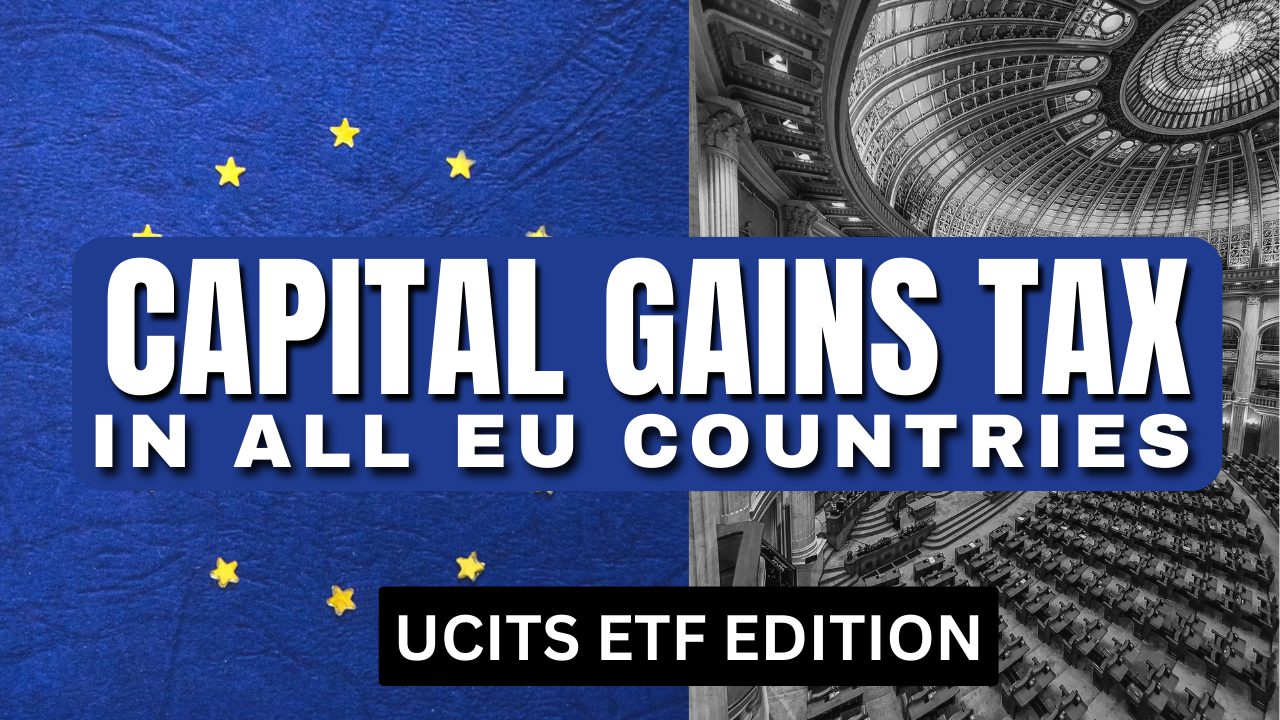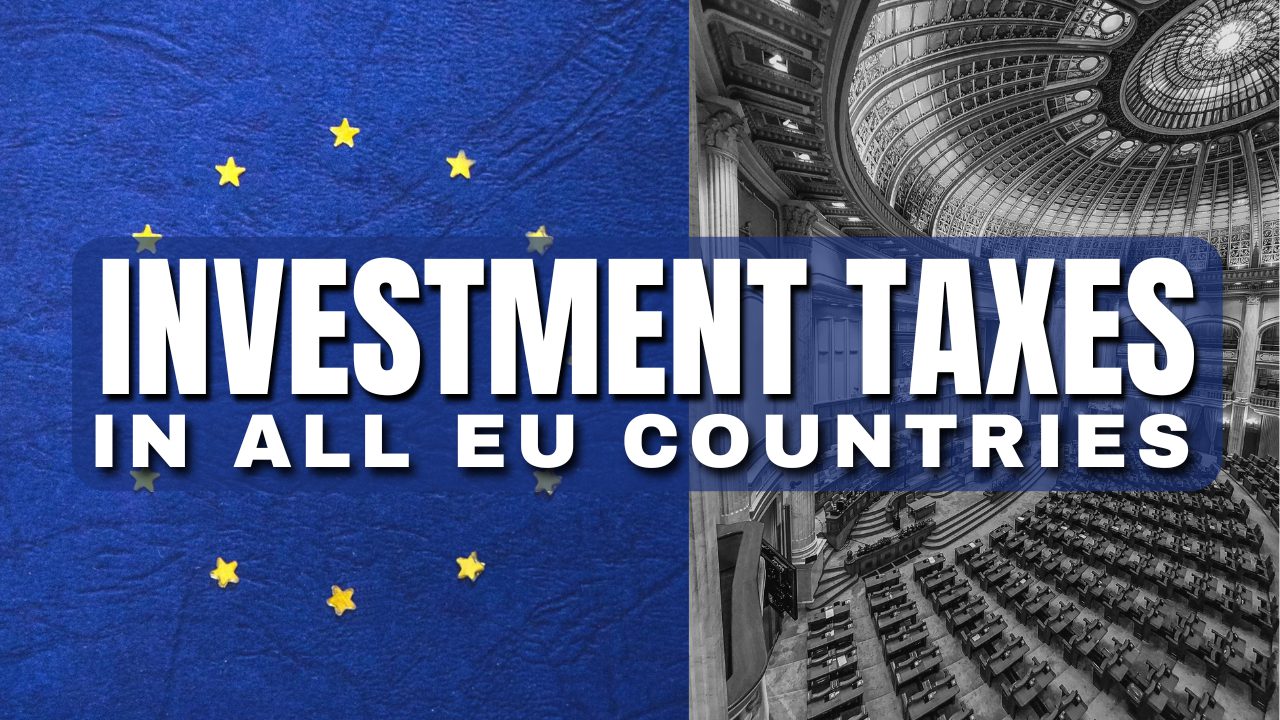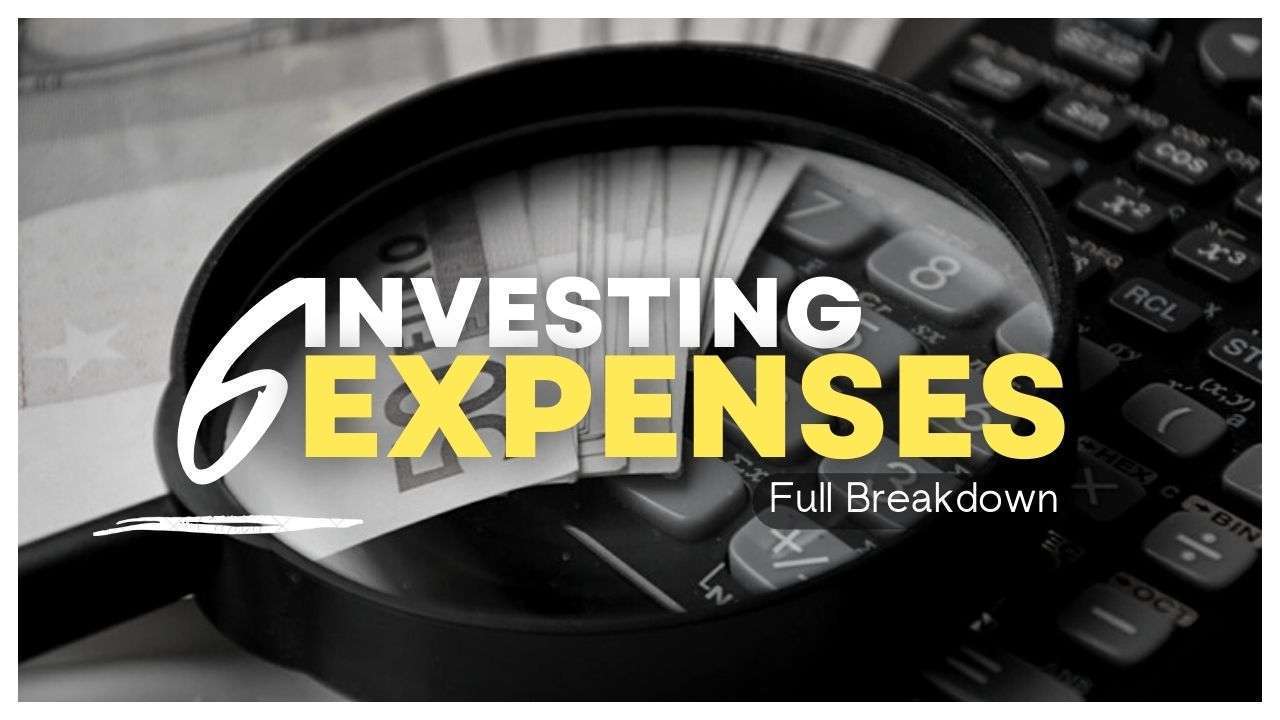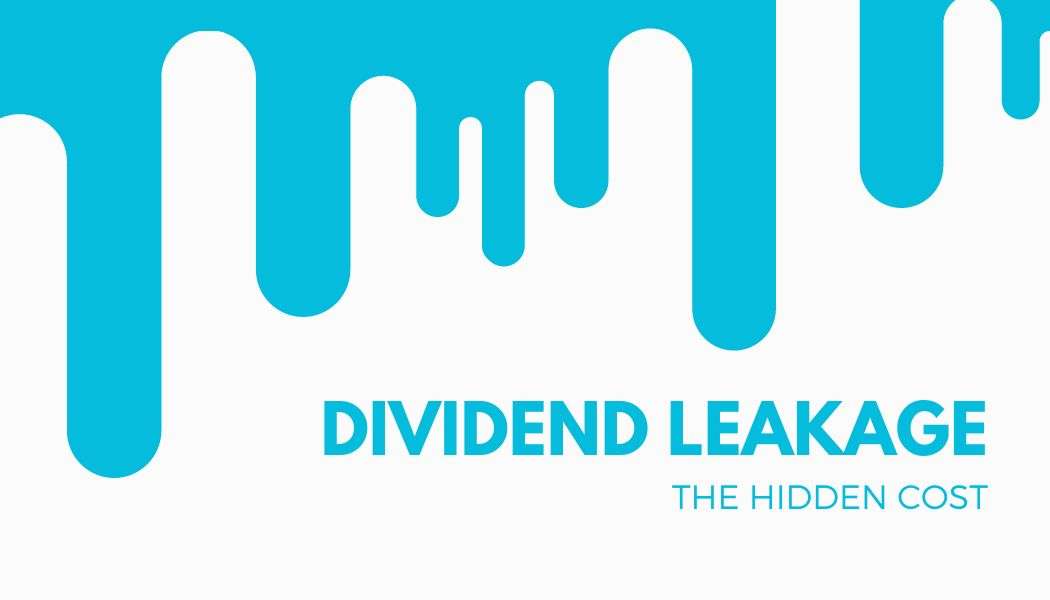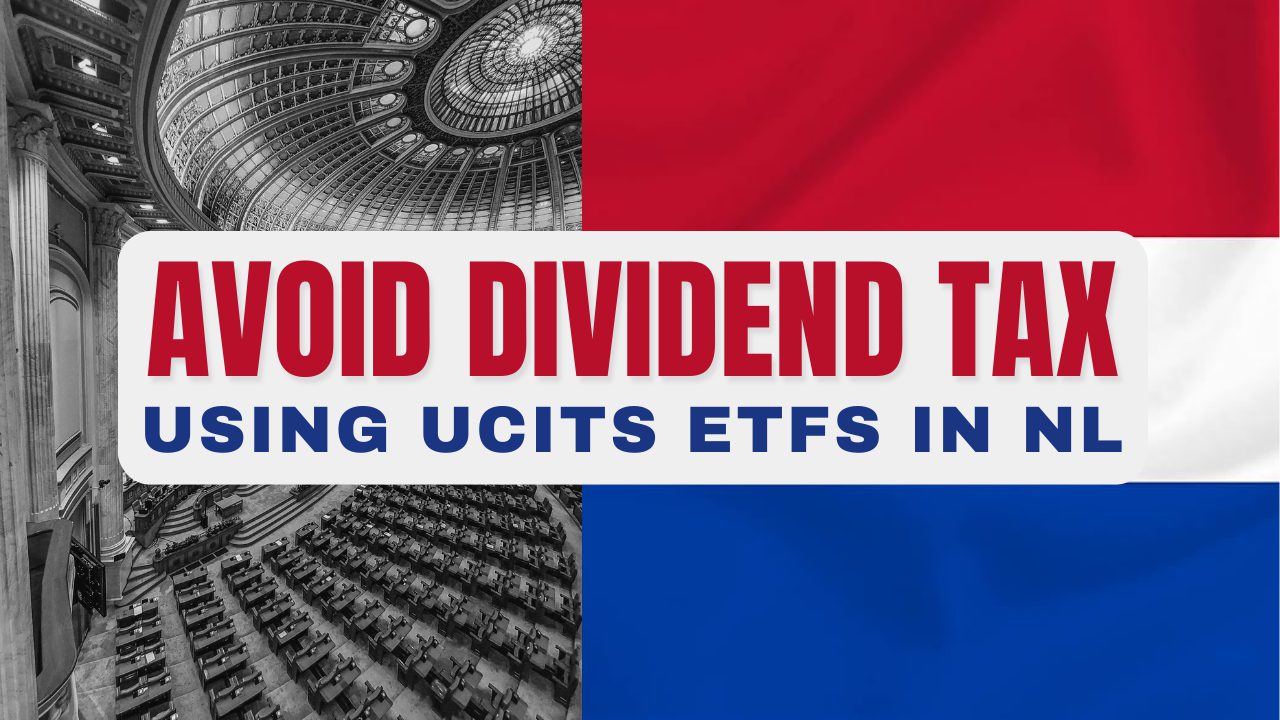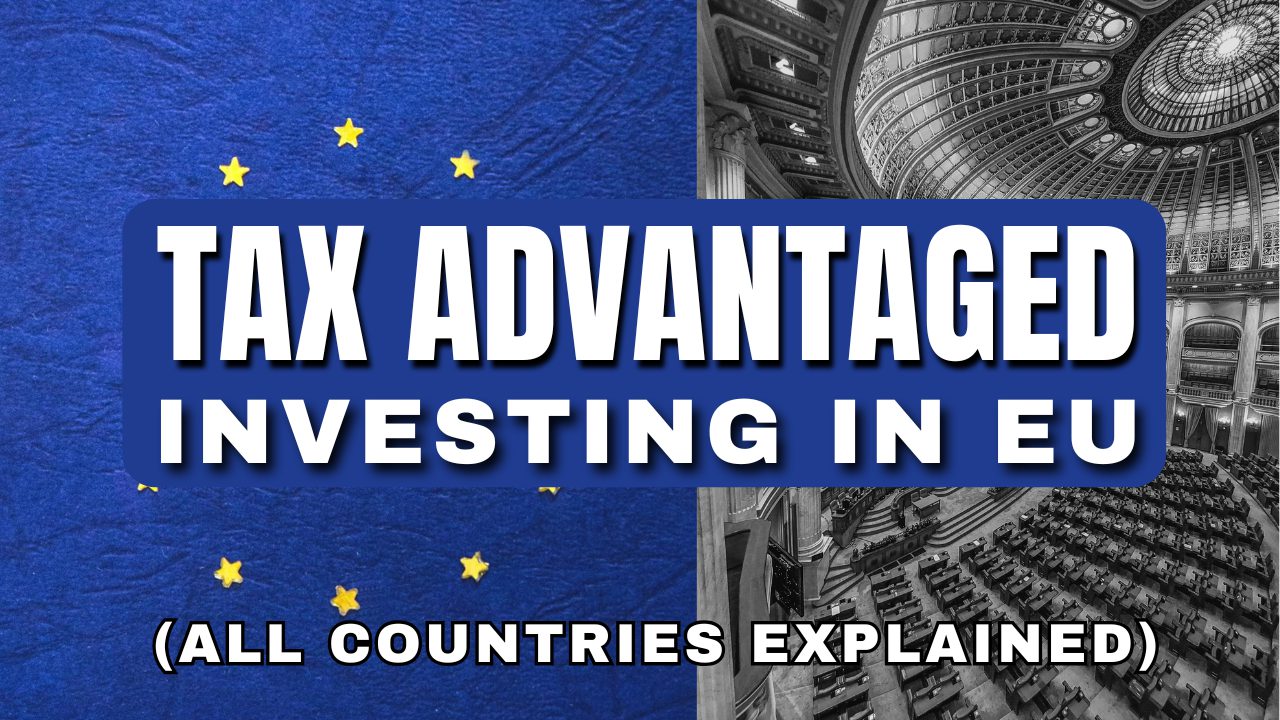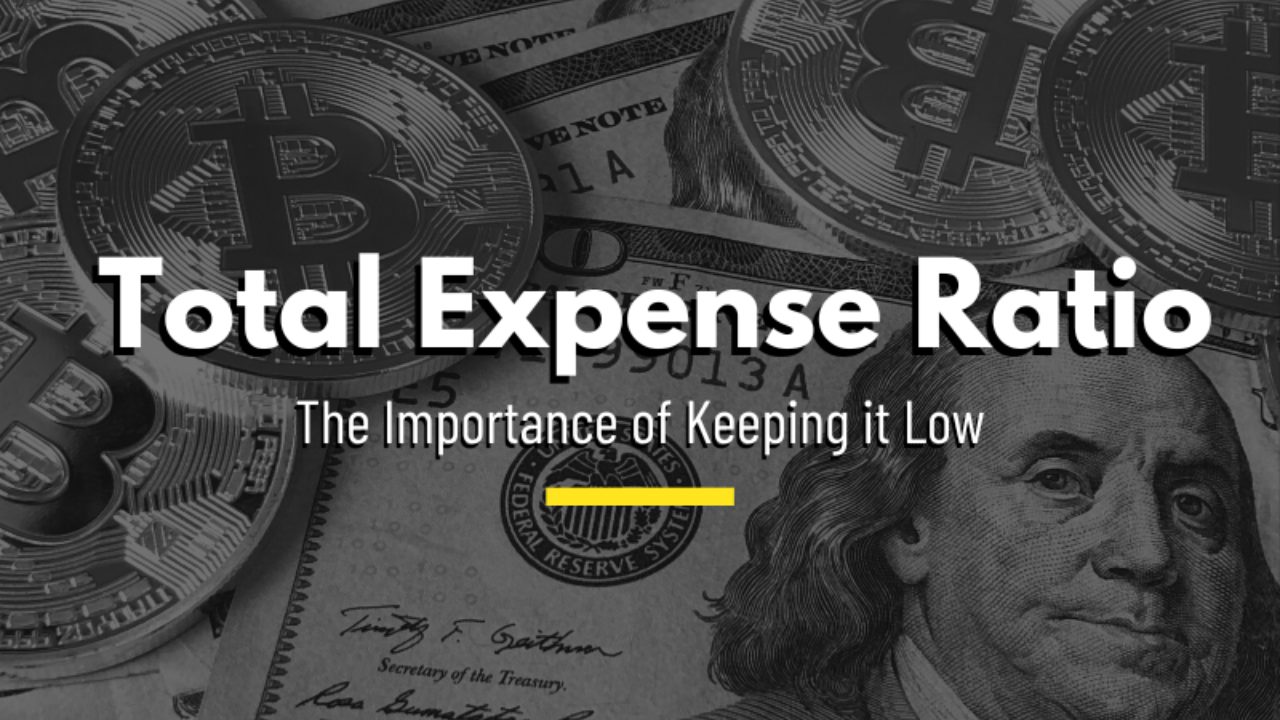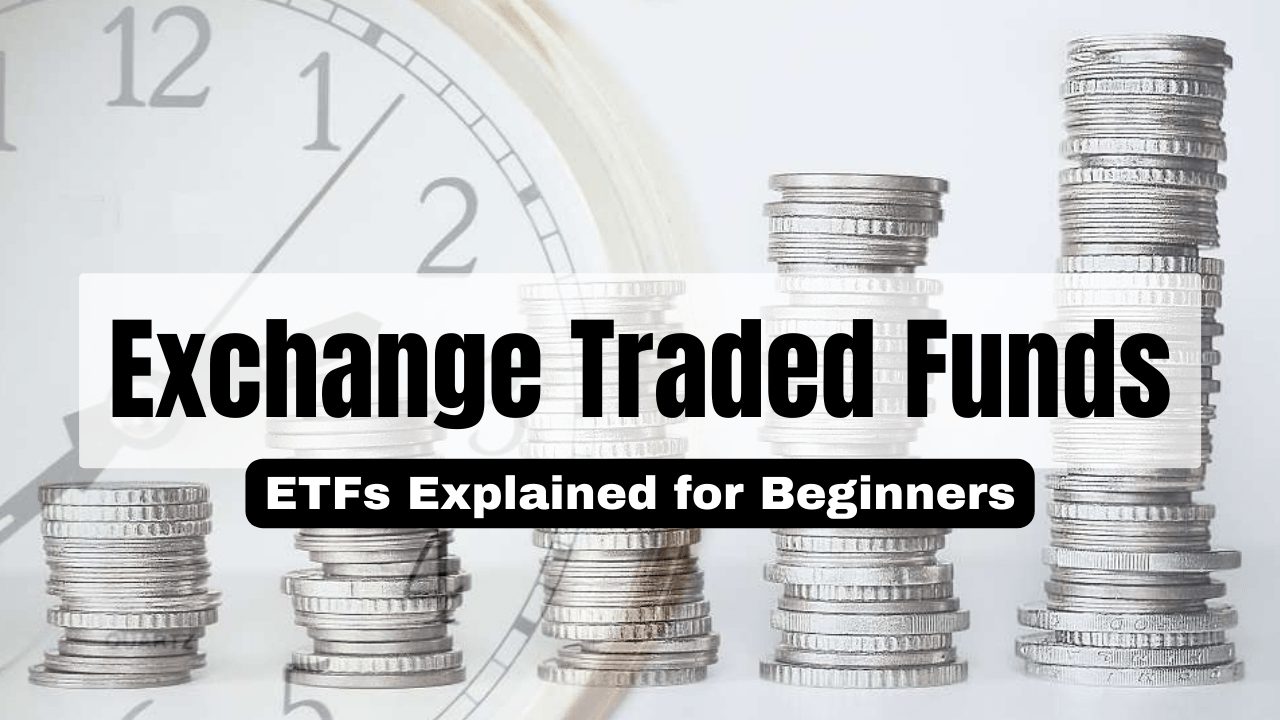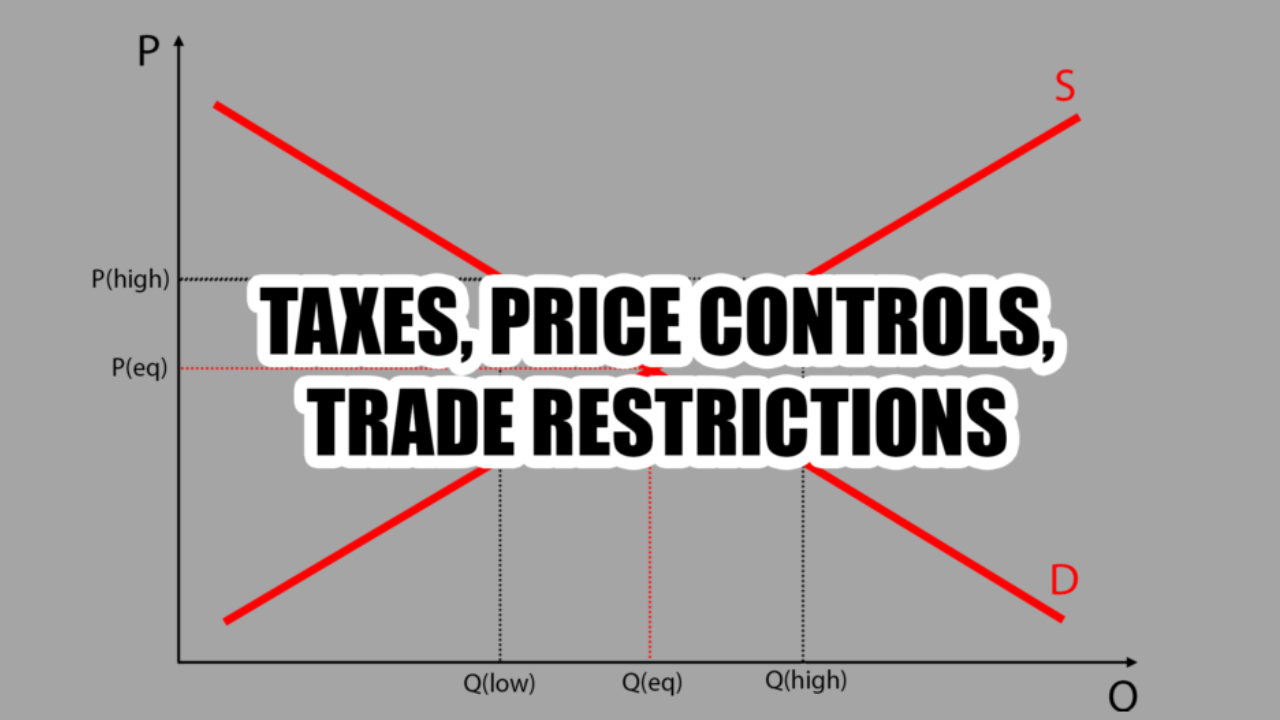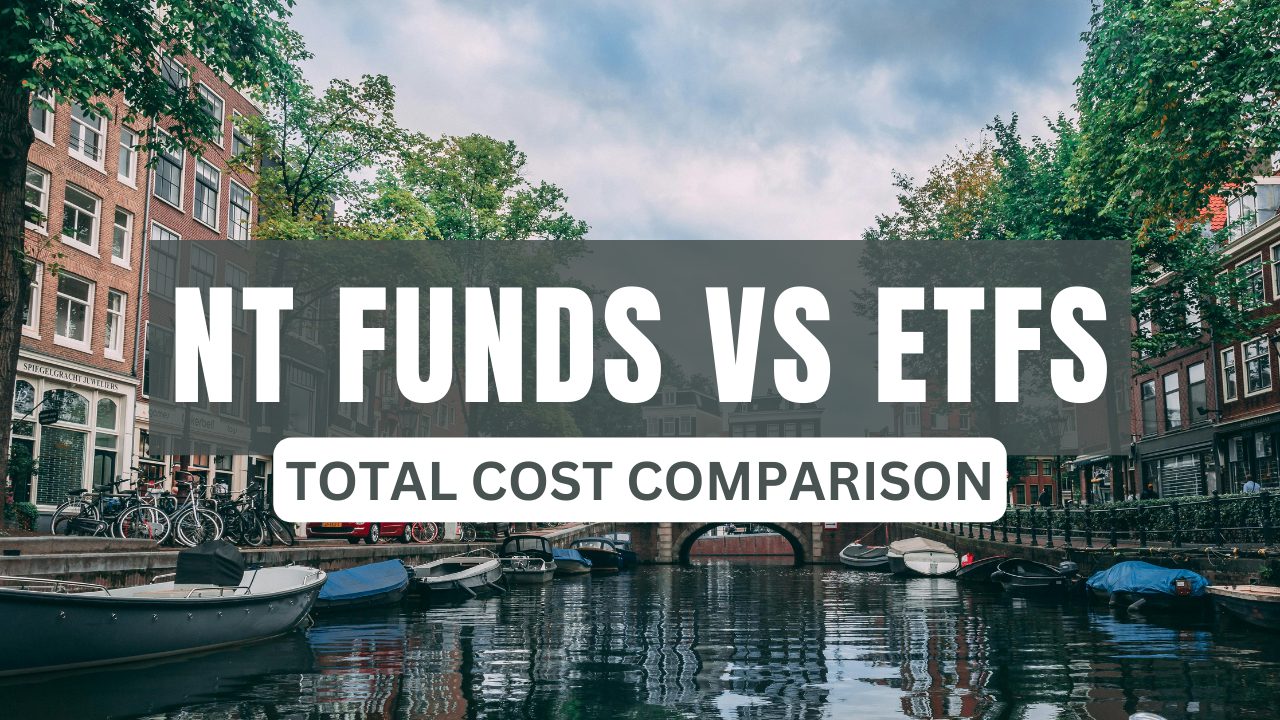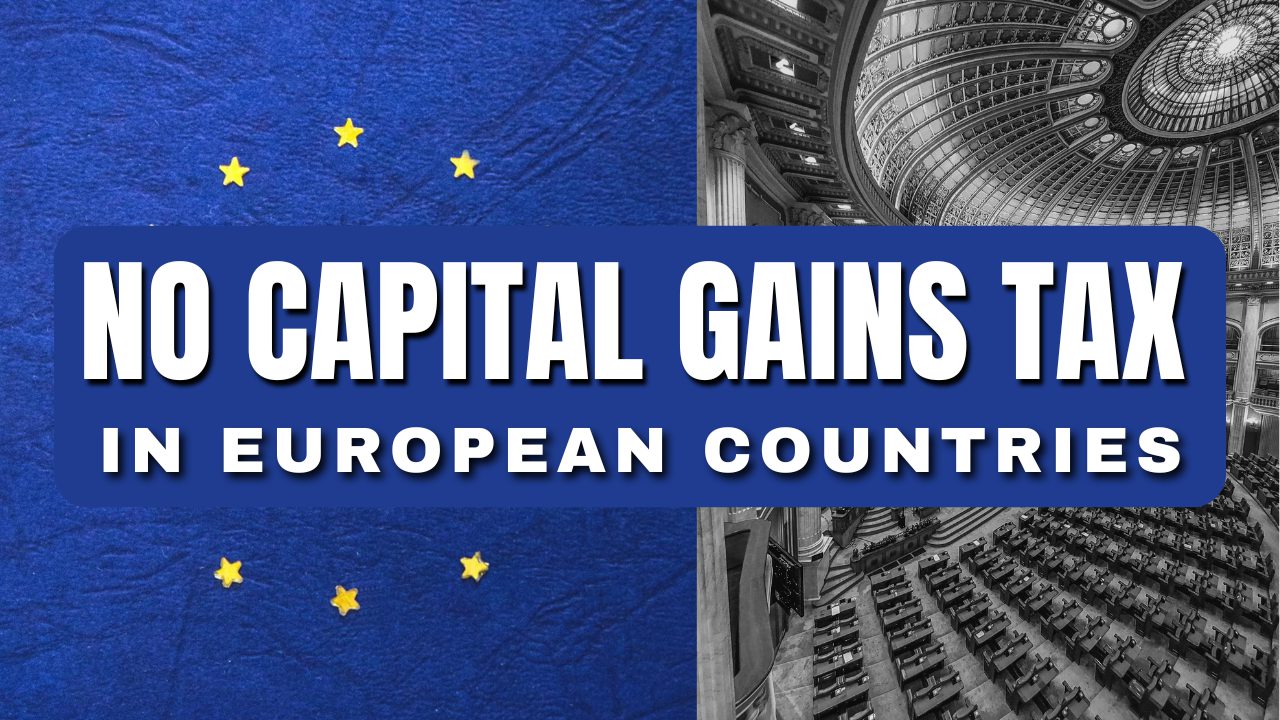
Europe is known for high taxes and overregulation.
However, there are places throughout this continent that are quite favorable for investors, and especially welcoming for the less active ones.
In this post, I’ll summarize the European countries in which it’s possible to lower the capital gains tax rate to 0%.
No Capital Gains Tax in Europe
- Andorra: no capital gains tax for individuals.
- Belgium: no CGT for passive investors. If you trade often or the tax authorities consider you a “speculator”, the rate is 33%.
- Bulgaria: no capital gains tax for disposal of UCITS ETFs. In general, it’s 10%.
- Croatia: 0% CGT on assets held for more than 2 years. Otherwise, it’s around 12%.
- Cyprus: there is a special treatment for so called non-domiciled persons to enjoy 0% CGT.
- Czech Republic: no capital gains tax on shares held for more than 3 years. Otherwise, 15-23%.
- Greece: 0% capital gains tax on UCITS ETFs, 15-22% on other assets.
- Hungary: no CGT on assets held for >5 years in a special TBSZ account (10% after 3 years). In general it’s 15%.
- Liechtenstein: no capital gains taxes, but there is wealth tax.
- Luxembourg: no capital gains taxes on assets held for more than 6 months.
- Netherlands: no CGT, but there is wealth tax.
- Malta: a non-domiciled resident status offers 0% CGT rate.
- Monaco: no capital gains tax.
- Slovakia: no capital gains taxes on shares held for more than a year.
- Slovenia: the CGT rate gradually decreases from 25% to 0% after 15 years of holding.
- Sweden: no CGT on assets held in an ISK account, but a percentage tax is applied on the full portfolio value.
- Switzerland: no capital gains taxes, but there is wealth tax.
- United Kingdom: no CGT in an IRA account or profits up to ~£12k.
Afterword
Understanding various tax frameworks is crucial for European investors that aim to protect their long-term and/or multi-generational financial well being.
If you want to read more details about the investment taxes in each European country, you might like these posts too:
- Investment Taxes in ALL EU Countries
- Capital Gains Taxes in All EU Countries (for ETF Investors)
- Net-Worth Taxation in Europe (EU Wealth Taxes)
- Bitcoin Tax in All EU Countries (Capital Gains & Wealth Taxes)
Note: I’m not a tax professional nor a tax advisor. However, I’m a private investor managing a 7 figure portfolio with a keen interest in this matter. As such, consider this post a starting point for your further research, without any guarantees for correctness or completeness.
If you have some remarks, questions, or want me to add something, reach out in the comments or via email.
For more posts covering specific European investing and taxation topics, visit the EU Investors’ Handbook.
 Husband & Father
Husband & Father  Software Engineer
Software Engineer 

